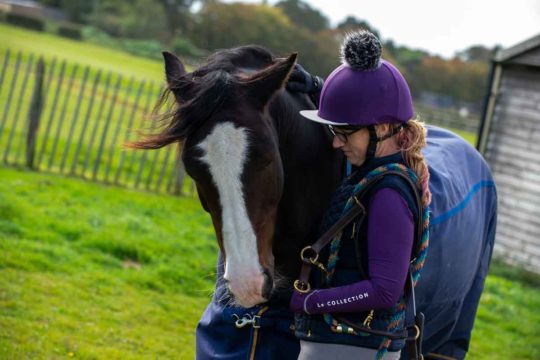
Most Read Articles
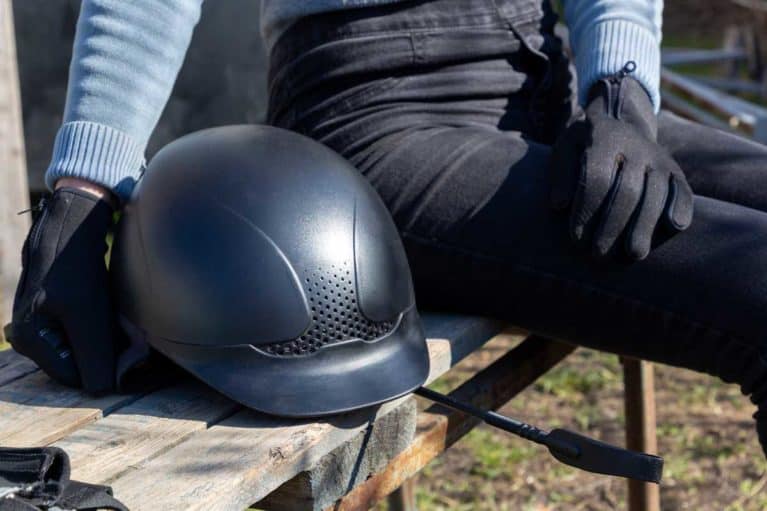
A mental health study conducted in partnership with Charles Owen showed a startling link between concussion after a fall and depression in riders
The study was carried out by MSc student Charlotte Rica and involved an incredible 1,007 riders. Participants were asked to share details of falls in the last 12 months and then report on their mental health before the fall, after the fall and in the two weeks during the study.
Charlotte said: “we were amazed by the amount of riders willing to participate as they were required to share quite sensitive information about their mental health. Their willingness to share has enabled us to shine a light on a serious issue facing the equestrian industry today.”
Results showed that 58% of participants who’d experienced concussion reported a significant increase in anxiety and depression after their fall and that the more serious the head injury, the more severe the symptoms they encountered. Worryingly, the study also revealed that 30% of participants suffered prolonged mental health problems, some up to a year after their fall.
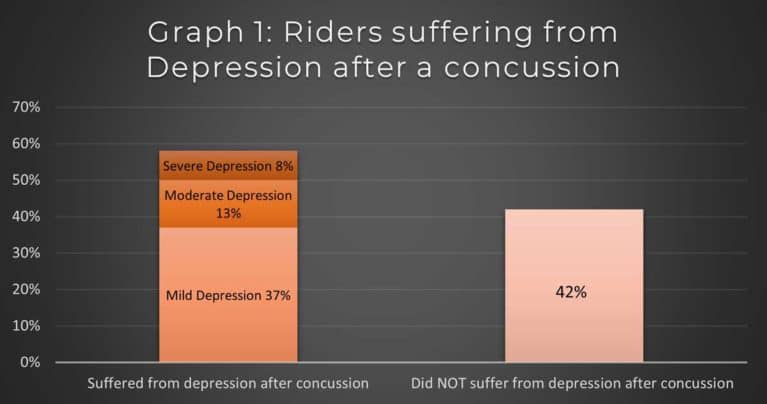
Explaining why there may be a correlation between concussion and mental health, Matt, Head of innovation at Charles Owen, said: “Our brain doesn’t have protective mechanisms to take severe blows. When we experience an impact to the head it’s believed proteins are released, which impair normal brain function. A human will be concussed at 70g acceleration. Horse riding accidents can have accelerations of up to 500g, which would be life threatening on an un-helmeted head. Helmets aim to reduce the peak G force to below 250g which is below life threatening levels.”
These findings have once again highlighted the importance of replacing your helmet after a fall or every 3–5 years to ensure that it can offer maximum protection. Riders should also ensure that their helmet carries the British kitemark with PAS015:2011 standard, not only to protect physical health but for mental health, too.
The findings are being released as part of the ‘Helmet Safety for Mental Health’ video campaign launched by Charles Owen in partnership with Riders Minds, a mental health charity dedicated to supporting UK Riders with their mental health.
Victoria Wright, Director of Riders Minds commented: “We’re thrilled to be partnering with Charles Owen on this campaign. The study is an important first step in what we hope will become a bigger area of study in the equestrian industry. We’re currently developing a set of tools to help identify problems early and recognise the warning signs to look out for, which will support those who’re suffering.”
You can join Charles Owen and Riders Minds in raising awareness of this issue by sharing the hashtag #togetherwecan during Mental Health Awareness Week running 9–15 May.
If you or anyone close to you has been affected by the issues raised within this study, you can contact Riders Minds confidentially on 0300 102 1540, open 24 hours a day/7 days a week, or text 07860 065 202 for text support, or speak to your health professional.
Your Comments
One thought on “Ground-breaking research shows the impact of concussion on rider mental health”
Leave a Reply
You must be logged in to post a comment.

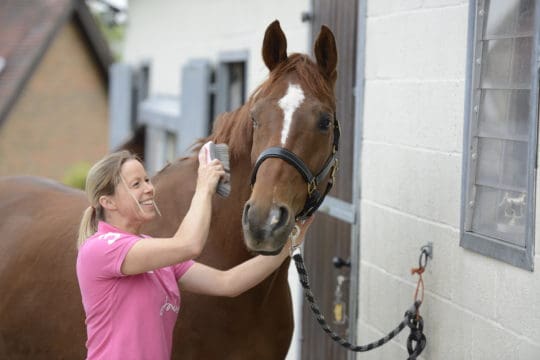







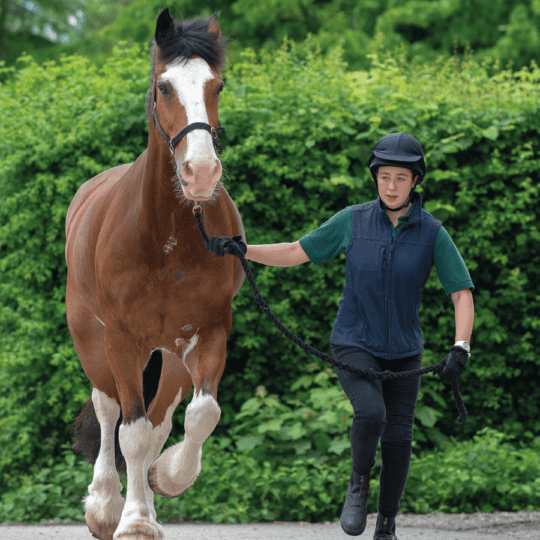

I suffered a bad fall some years ago and consequently lost my sense of smell. Never realised at time how it affected me mentally but thinking back now. It did for some time affect my sense of well being and confidence